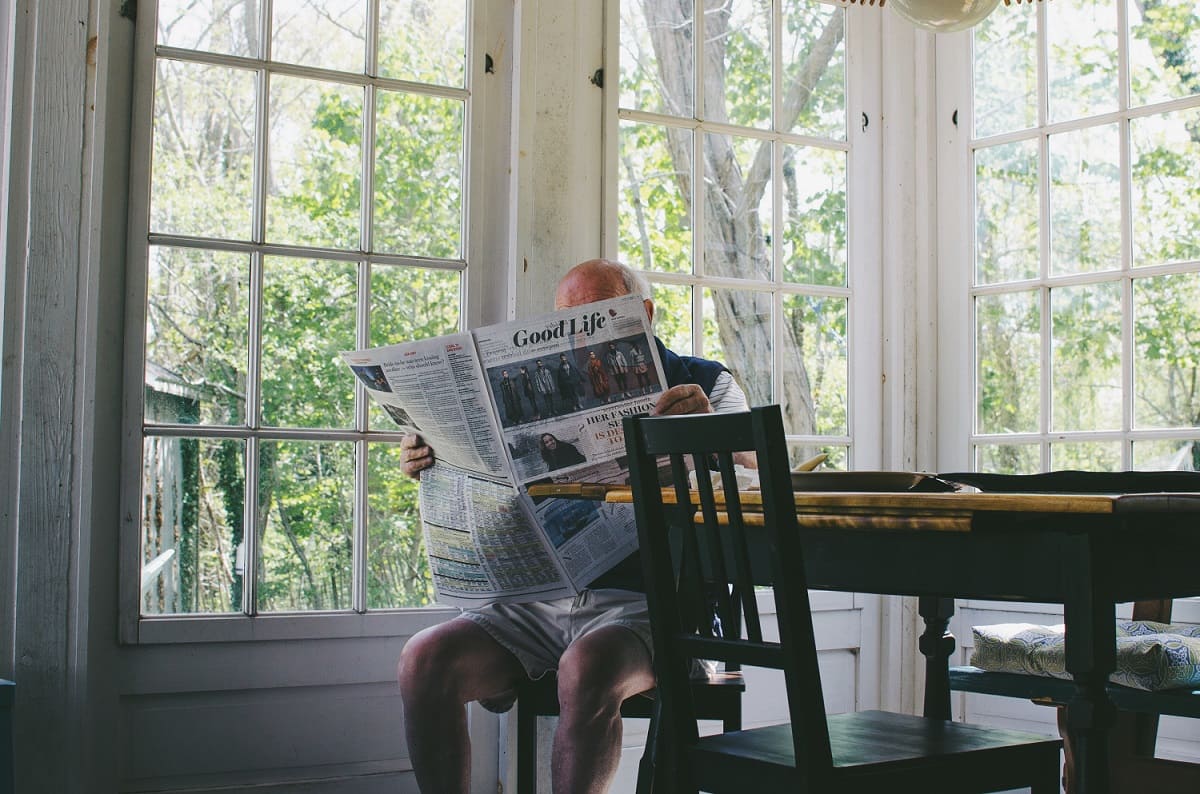December 30, 2016
By Luna Greenstein

There’s no debate that 2016 has been quite an eventful year—especially within the mental health field. Many strides were taken towards a more hopeful future: A groundbreaking study brought us one step closer to understanding what causes schizophrenia, millions of people across the country dropped and gave 22 to spread awareness for veteran mental health, and President Barack Obama signed mental health legislation into law, to name a few.
NAMI is grateful to have been a part of all these events. Throughout the year, NAMI was mentioned in the news hundreds of times due to our efforts in spreading awareness, advocating for mental health reform and helping support individuals and families with mental health conditions.
Here are some of our newsworthy highlights:
AWARENESS
Why I Decided to Speak Out About Mental Illness in Front of Over 6,000 People
NAMI’s social media manager, Ryann Tanap, interviewed award winning Washington Post reporter, Amy Ellis Nutt, during a live Facebook chat. The conversation was a combination of Nutt’s professional mental health knowledge on up-and-coming treatment mixed with her personal experience of living with bipolar disorder for over 30 years. Her inspiring words touched thousands of people as they tuned in: “I am not bipolar. I am not a bipolar person. I have bipolar illness. I am not the illness. It’s a part of me, and I embrace that now. But, we are more than a diagnosis.”
Why Celebrity Accounts of Depression Are Vital
When celebrities open up about their mental health, they show the world that it is possible to achieve dreams, fame, riches and stardom while living with a mental illness. Many A-listers such as Kid Cudi, Selena Gomez and Cara Delevingne "came out" in 2016 about their mental health journies. “By sharing their experiences, stars present an opportunity to talk about depression on a larger scale,” NAMI National Director of Communications, Katrina Gay, quoted in USA Today.
Halloween Attractions Use Mental Illness to Scare Us. Here’s Why Advocates Say It Must Stop
When stigmatizing rides and attractions popped up for Halloween, NAMIs across the country joined forces to shut them down. The Washington Post among many other media organizations took notice and wrote about our victories over these Halloween horrors. NAMI’s CEO Mary Giliberti was quoted saying, “You know this would never happen for other health conditions. You wouldn’t have a Halloween attraction about a cancer ward. It is mocking something that is a very serious illness.”
ADVOCACY
How America's Criminal Justice System Became the Country's Mental Health System
Using information and videos from NAMI, Vox paints a sad picture of the current state of mental illness in the criminal justice system. The article details what happens when people don’t receive proper mental health care, how police aren’t trained to handle mental health crises, and how the lack of mental health funding causes the criminal justice system to pick up the slack.
Mental Health Reform in Congress: What’s Happening and What Needs to Be Done?
In another Washington Post Facebook Live chat, NAMI’s Senior Policy Advisor Ron Homberg had a conversation with Editorial Board Member Stephen Stromberg. During the chat, the two talked about mental health reform, the 2016 presidential candidates and their hopes for better future mental health care treatment.
Health Care Package Faces Key Vote in Congress
Ron Honberg once again helps the media understand the complex nature of mental health reform and specifically the new 21st Century Cures Act. He is quoted saying that the bill is “necessary and promising” and that it will help in “preventing the most horrific consequences of untreated mental illness.”
SUPPORT
Here’s What to Do If You Can’t Afford Therapy
Buzzfeed teamed up with NAMI in order to show how to access affordable mental health care. The article offers the NAMI HelpLine as a resource and quotes NAMI’s HelpLine Manager Kate Mallow. “No crisis is too small,” says Mallow about the Suicide Prevention Hotline. “If you’re having a bad day and can’t wait three weeks to make it to your appointment or can’t afford one right now, give them a call.”
Why College is a Risky Time for Students’ Mental Health
College is a crucial time period for mental health—most conditions onset during college age. That’s why NAMI—in partnership with the JED Foundation—released a guidebook on mental health for college students. Using information from NAMI and the guidebook, TIME tackled this important topic. NAMI’s Director of Advocacy and Public Policy Darcy Gruttadaro is quoted: “We are not talking enough about mental health…Students are under high amounts of stress and they’re also exposed to a culture that they may have been sheltered from of drinking and marijuana use. There’s a lot of social pressure and a lot of academic pressure.”
Suicide Prevention: Remembering A Dear Friend
Published by The Huffington Post, Mary Giliberti wrote a moving piece about losing her college roommate to suicide and the importance of suicide prevention. “She faced mental illness alone, because I could not provide better support. I lacked enough knowledge and understanding to help. My career has been dedicated to making sure that this does not happen to anyone else.”
To everyone—media or not—who helps us in our mission to spread awareness, advocate and support: Thank you. We would not be able to list all these accomplishments without you. Please continue to support NAMI by donating to us by Dec. 31. We hope you and your loved ones have a happy and healthy new year.
We’re always accepting submissions to the NAMI Blog! We feature the latest research, stories of recovery, ways to end stigma and strategies for living well with mental illness. Most importantly: We feature your voices. Check out our Submission Guidelines for more information.
LEARN MORENAMI HelpLine is available M-F, 10 a.m. – 10 p.m. ET. Call 800-950-6264,
text “helpline” to 62640, or chat online. In a crisis, call or text 988 (24/7).